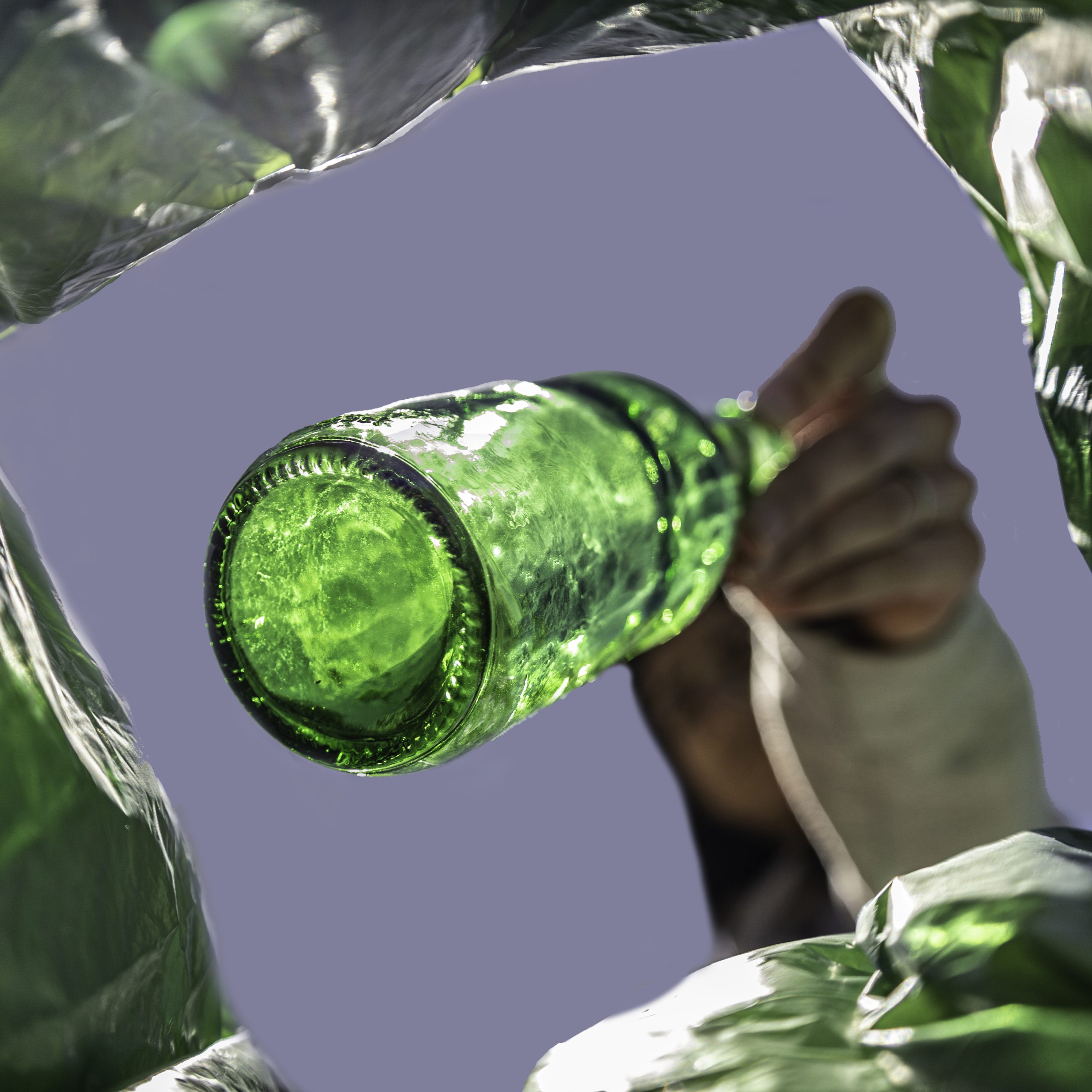Maryland legislators propose bill to regulate industrial sludge as fertilizer

A bill introduced in Maryland seeks to implement stricter regulations on the use of industrial sludge, a byproduct from poultry processing plants, as fertilizer on farmland. This legislative effort, contained in House Bill 991 and Senate Bill 1074, comes in response to growing concerns over the environmental and health impacts of dissolved air flotation (DAF) material, which currently faces minimal restrictions in the state regarding its storage and application.
Residents across Maryland, including those in Wicomico County, have voiced their distress over the odorous waste, which is composed of leftover animal byproducts. Concerns extend beyond the foul smell, as there are fears that these practices could lead to watershed contamination.
The lack of stringent regulations in Maryland has been identified as a loophole that allows for the increased influx of DAF material into the state, according to Alan Girard from the Chesapeake Bay Foundation. Unlike Maryland, neighboring states possess comprehensive permitting programs for such waste, inadvertently making Maryland a dumping ground for the material due to its lax regulatory framework.
Girard also raised concerns about the potential misuse of DAF as fertilizer, citing complaints from neighbors and communities about the resultant odors, flies, and subsequent contamination of their homes and local environment. “It’s not only been a nuisance, but the water quality impacts are bad as well,” he stated.
The issue also revolves around the opacity concerning the content of the sludge, with fears that it may contain other harmful byproducts affecting soil quality. Girard further explained, “When the carcasses, the beaks, the feathers get rendered down, the sludge that leaves those facilities is really this unaccounted for discharge that this bill tries to address.”
In light of these issues, some counties, including Carroll and Wicomico, have already taken steps to ban the storage of DAF material, citing the adverse effects on the quality of life for local residents. The proposed legislation aims to curb the import of out-of-state sludge, which currently constitutes half of the material applied to land in Maryland, thereby addressing a significant regulatory gap.



